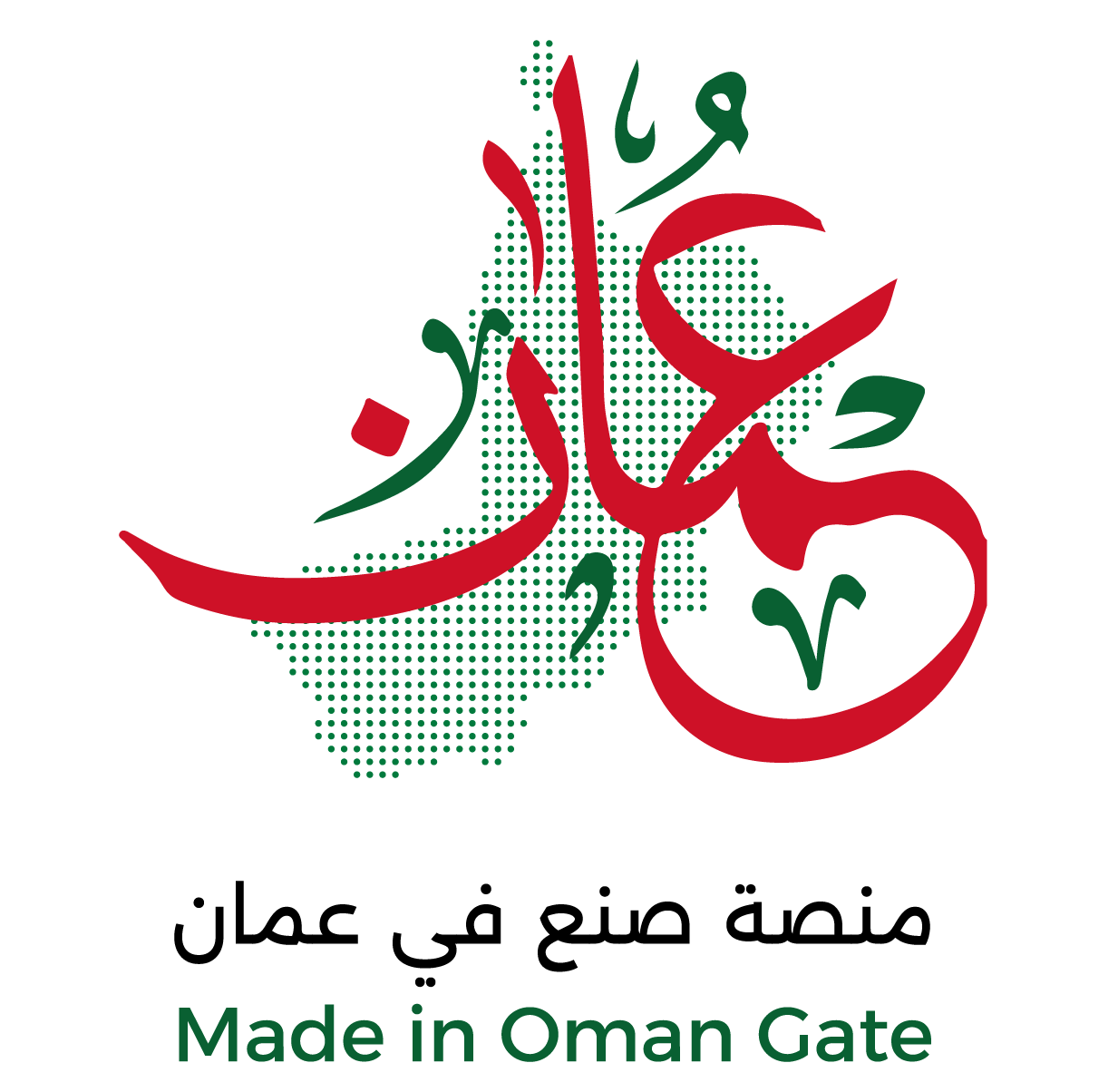The Ministry of Commerce, Industry, and Investment Promotion (MoCIIP) has been working with the relevant authorities to enhance the attractiveness of the investment environment in the Sultanate of Oman, by overcoming the challenges facing foreign investors.
Fees reductions
MoCIIP has begun implementing the Council of Ministers’ decision to reduce commercial registration fees for foreign investors, treating them like an Omani investor, with the obligation to employ a minimum of one Omani employee, in addition to providing incentives and facilities to foreign investors to encourage them to establish various projects.
Process simplified
The investment sector in the Sultanate of Oman saw a simplification of procedures that allow a foreign investor to invest and own 100 per cent in more than 1,700 commercial and industrial activities in the country through the Oman Business platform. These include reducing, canceling, and merging 836 government services and exempting from the requirement of the minimum investor capital, in addition to the possibility of allocating the necessary lands and properties for the investment project.
Long-term residency, exemption from corporate taxes
The incentives offered to investors include exemption from corporate taxes for a period of up to 30 years, cancellation of import or re-export duties, tax exemption, and the launch of an investor residency program initiative, as a tool to attract quality foreign investments. It grants residency to investors and their family members wishing to invest in the Sultanate of Oman for a period between 5 and 10 years, subject to extension.
Investment licence
MoCIIP stressed the importance of the foreign investor obtaining an investment licence to ensure the implementation of his investment project by submitting all data, which includes specifying the type of activity he wishes to practice, determining the timetable for implementing the investment project, the start date of operation, and specifying the number of workers expected to be employed.
Apart from proving the experience of the investor to implement this project, a feasibility study should be submitted from one of the offices approved by the Development Bank, to ensure that the estimated value of the project matches the feasibility study.
Types of companies
The foreign investor can now register all types of companies specified in the Commercial Companies Law No. (18/2019), and practice all economic activities except for those items included in the list that are prohibited for foreign investors.
Expats can start a company
The Ministry clarified that foreign workers who have employment contracts with government or private agencies can establish a company subject to the Foreign Capital Investment Law in the event of no objection from the party they work for or after the cancellation of the employment contract.
Workers from private professions are not allowed to establish a company subject to the Capital Investment Law. The foreign investor or business partner is not allowed to work in any profession, but his role is limited to supervising and following up on the work within his organization.
Omanis not employed
MoCIIP said some foreign companies were not committed to the decision to appoint an Omani employee after completing a year.
Direct foreign investment
The Ministry explained that the volume of direct foreign investments in the Sultanate of Oman amounted to more than RO 25 billion until the end of the third quarter of 2023, an increase of RO 4.8 billion compared to the third quarter of 2022, and the volume of foreign direct investment in the manufacturing sector reached RO 1.4 billion.
Around 35 new industrial projects with investments amounting to more than RO 800 million were attracted across sectors in various economic and free zones.
ONA


